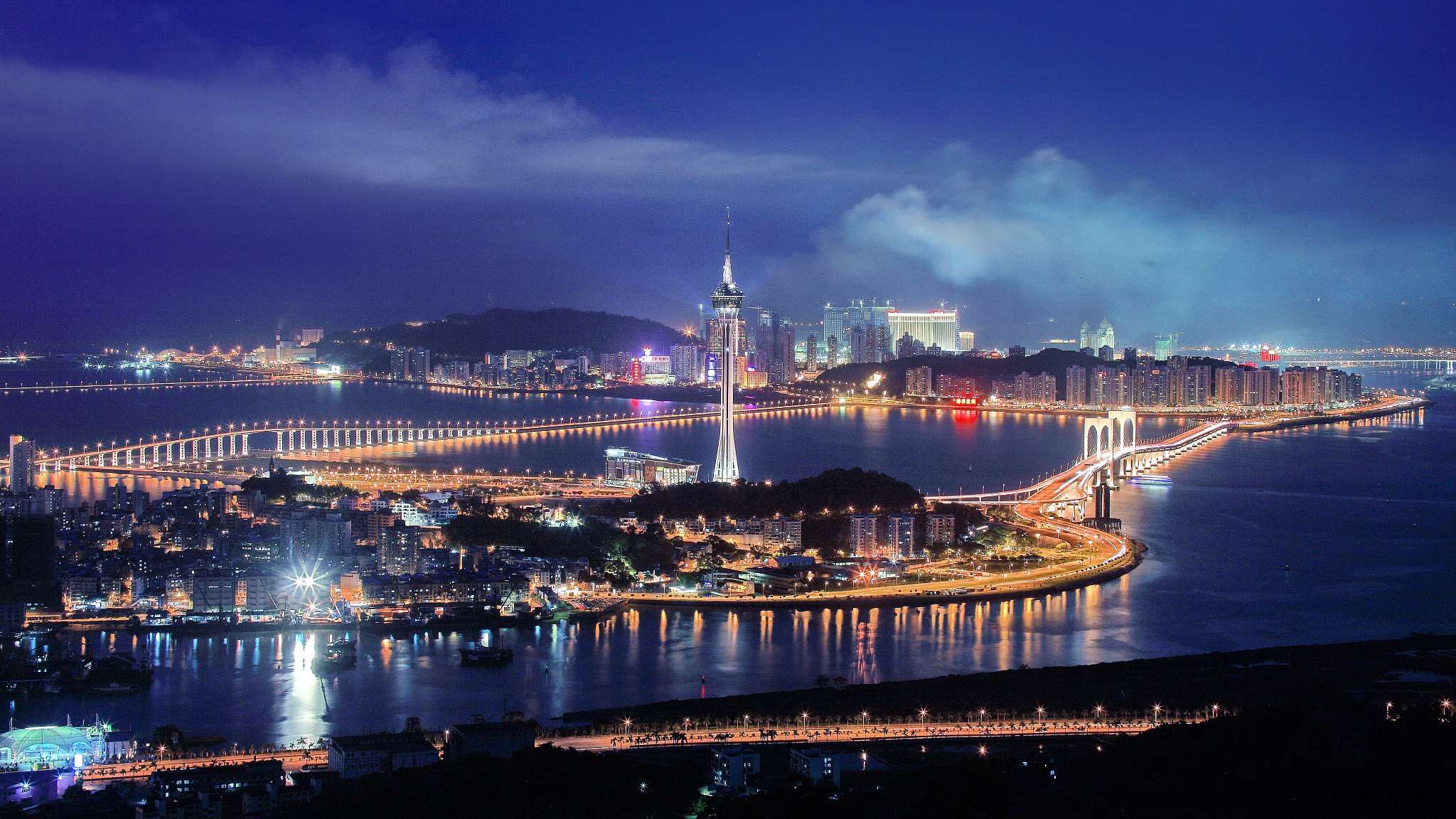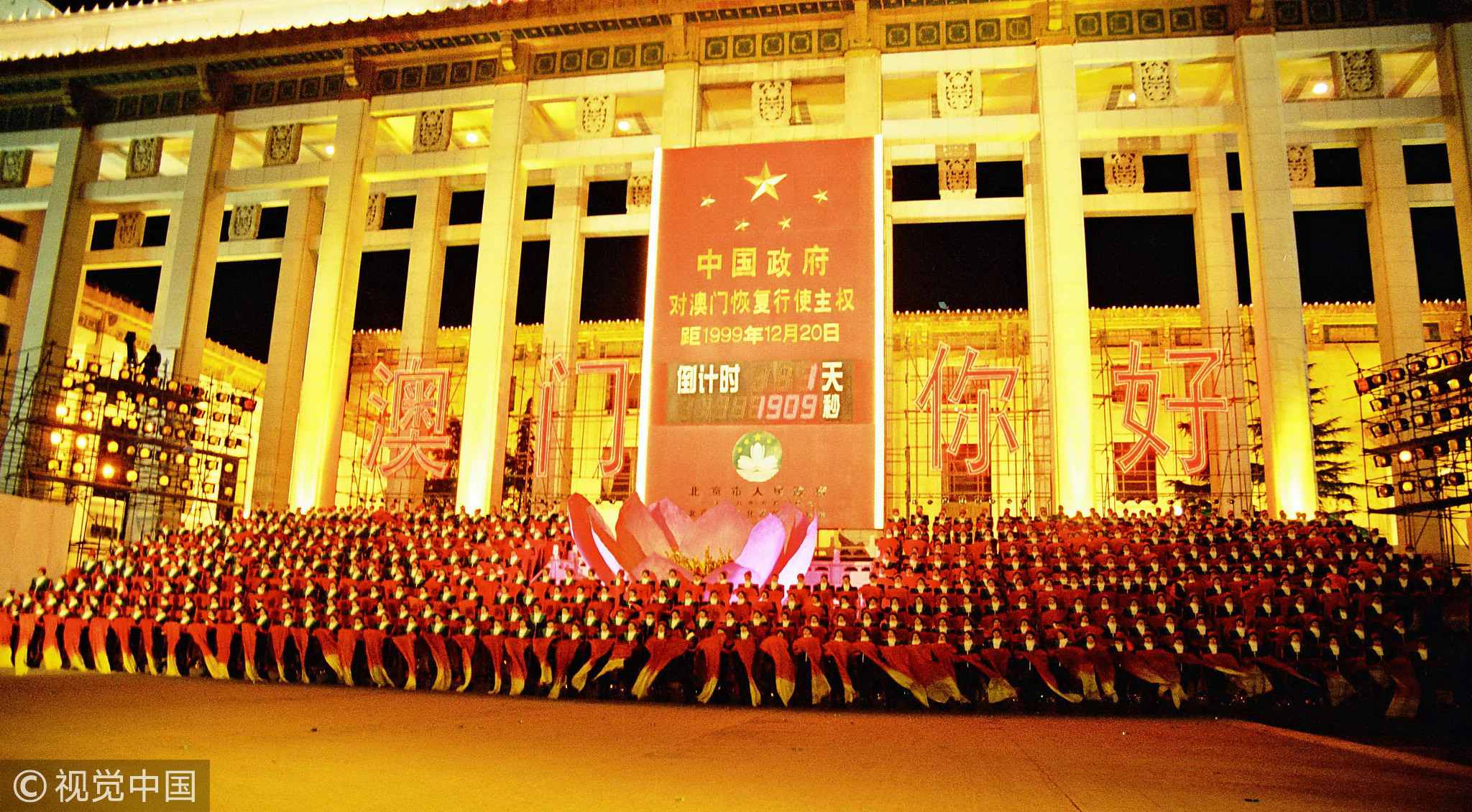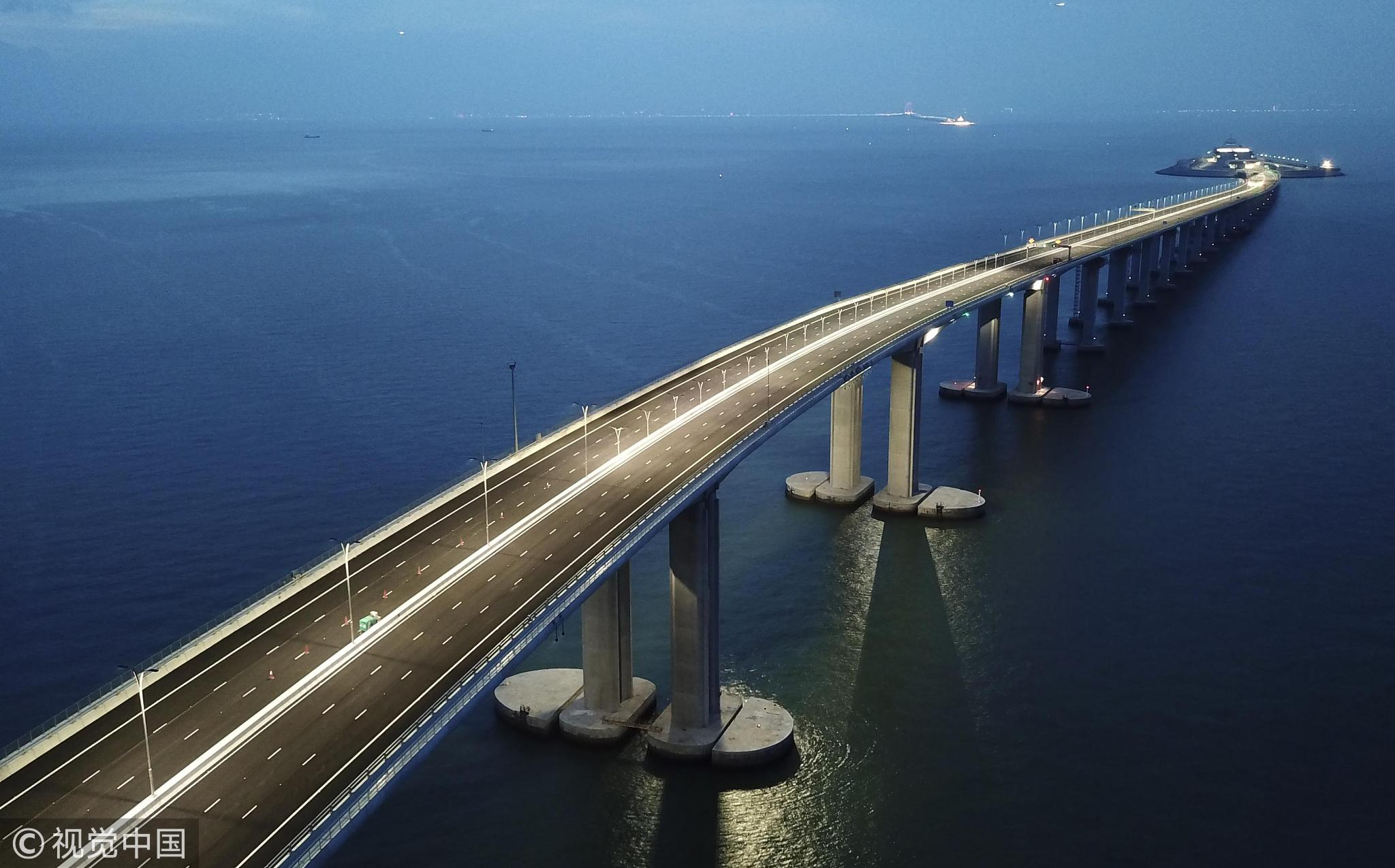
Opinions
10:08, 20-Dec-2018
Opinion: Macao heralds a better future after years of reform and opening-up
Updated
09:21, 23-Dec-2018
Lin Dongxiao

Editor's Note: The author is an assistant research fellow at Institute of Hong Kong and Macao Studies at the China Institutes of Contemporary International Relations. The article reflects the author's opinion, and not necessarily the views of CGTN.
As China celebrates the 40th anniversary of reform and opening-up, the Macao Special Administrative Region (SAR) marks the 19th anniversary of its return to the motherland. Facts have proved that Macao is a key stakeholder of the nation's reform and opening-up and in the future, Macao will continue to take full use of the unique advantages of “one country, two systems” and get greater development.
Macao has made important contributions to China's reform and opening-up. Over the past four decades, a large amount of capital, technology and talent has, from or via Macao, flooded into the mainland. Ma Wanqi, a famous Macao entrepreneur, was just named one of the “100 reform pioneers” by the central government. Besides, Macao has also served as an important channel for the mainland to export goods to the world.
Macao SAR has maintained prosperity and stability since its establishment in 1999. Macao is a “micro-economy.” It has a land of merely 33 square kilometers, which is equal to 1/20 of New York City's, and a population of only 650,000, which is equal to 1/30 of New York City's.

People are celebrating Macao's return to the motherland in Beijing, December 20, 1999. /VCG Photo
People are celebrating Macao's return to the motherland in Beijing, December 20, 1999. /VCG Photo
Thanks to the reform policy and the unique advantages of “one country, two systems” approach, Macao has enjoyed 19 years of rapid development. The unemployment rate dropped from 6.3 percent to 1.9 percent. Macao's per capita GDP has increased from 14,000 USD to 77,000 USD, ranking the first in Asia and surpassing advanced economies such as the U.S., Germany, the UK, and France.
As China enters a new era, a higher level of reform and opening-up will provide more opportunities for Macao. The SAR will play a more important and irreplaceable role in national rejuvenation and accordingly will share the mainland's development dividends in different aspects.
Firstly, through the Guangdong-Hong Kong-Macao Greater Bay Area, Macao will further integrate into the overall development of the country. With the operation of the Hong Kong-Zhuhai-Macao Bridge, the Bay Area has become a one-hour living circle, and the commute between Macao and the cities of Eastern Pearl River Delta (including Hong Kong and Shenzhen) is becoming increasingly convenient.

Hong Kong-Zhuhai-Macao Bridge /VCG Photo
Hong Kong-Zhuhai-Macao Bridge /VCG Photo
What's more, the central government has introduced a series of policies to attract compatriots from Hong Kong and Macao to seek opportunities in the mainland, for instance, mainland residence permits, convenient customs clearance arrangements, and preferential tax measures. All the above has made it more convenient for Macao residents to invest, work or operate businesses in the mainland. Young people in Macao, in particular, will have more opportunities to exert their potential talent.
Secondly, Macao's international influence will be further enhanced by the Belt and Road Initiative (BRI). According to the principle of “one country, two systems” and the Basic Law, Macao can conduct extensive international exchanges. Macao could become an important transportation hub, trade, and logistics center of the “21st Century Maritime Silk Road.”
Given its close ties with the Portuguese-speaking countries such as Portugal, Brazil, Mozambique and Angola, Macao can build a platform for economic cooperation and cultural exchanges between these countries. The scenario will not only better serve the BRI but also better serve the 250 million people of the Portuguese-speaking countries.
Additionally, given its advanced economy and sufficient foreign exchange, Macao can offer financial services for the construction of the Belt and Road and promote the internationalization of RMB.
Thirdly, by deepening domestic reforms and further opening up to the outside world, Macao will further develop itself and diversify its economy. This will inspire the region's creativity and advance the “one country, two systems” to a new level.
(If you want to contribute and have specific expertise, contact us at opinions@cgtn.com.)

SITEMAP
Copyright © 2018 CGTN. Beijing ICP prepared NO.16065310-3
Copyright © 2018 CGTN. Beijing ICP prepared NO.16065310-3